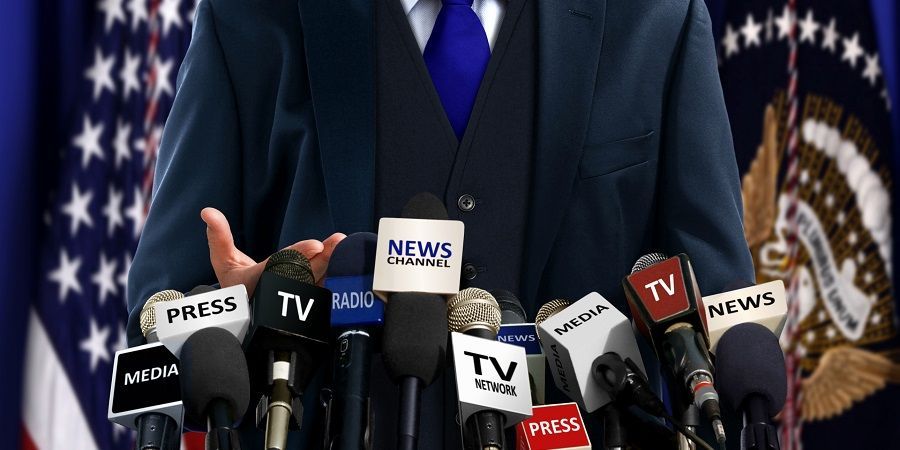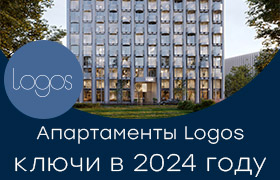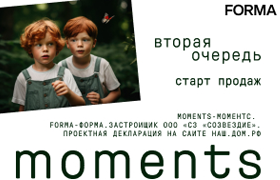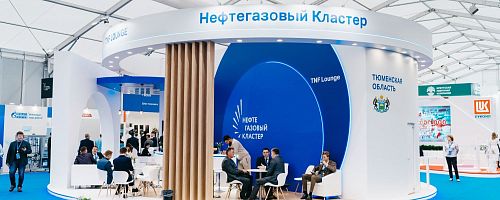UN Security Council Disagrees on Kosovo
The UN Security Council held a special session on Kosovo yesterday, at which Serbian Foreign Minister Vuk Jeremic called the territory's declaration of independence illegal.

Many people at the United Nations were thinking about separatism on the day of the Kosovo discussion. First Georgian Ambassador to the UN Irakly Alasania called a press conference on Abkhazian separatism. He complained to the nine journalists that came to hear him about Russia's withdrawal from the economic sanctions that the CIS member states had imposed on Abkhazia. “The unilateral decision by Russia violated the 1993 UN Security Council resolution and could be appraised as an attempt to legitimize military cooperation with a regime that bears de facto responsibility for ethnic cleansing,” he said. At the same time, he expressed hope for good neighborly relations with Russia and stated that the Sochi Olympics may be a stabilizing factor in the region. He indicated that Kosovo was a unique situation that did not have a parallel in Abkhazia. Nonetheless, Georgia does not intend to recognize the independence of Kosovo, even though that independence is supported by its strategic ally the United States.
American UN Ambassador Zalmay Khalilzad did not keep them waiting. Within minutes, he entered, as if unexpectedly, and approached the microphone. He also regretted Russia's decision to lift the embargo on Abkhazia very much and gave Tbilisi his assurances of unflagging U.S. support, saying the U.S. sees Georgia's future as an integrated, transatlantic society and that Georgia “is not alone.” Then he added that “That does not mean that we do not acknowledge Russia's legitimate interests in the region.”
Kosovo came up after lunch. The main and only speaker at the UN Security Council meeting was Serbian Foreign Minister Vuk Jeremic, who arrived in New York four days ago. He was waiting for his chance to be heard the whole time. American and British diplomats did not want him to speak to the Security Council and tried to convince their colleagues there not to allow him to participate, justifying it with the resignation of Serbian Prime Minister Vojislav Kostunica and his government. Chairman of the council this month Russian UN Ambassador Valery Churkin was unmoved. Serbia, he said, has the same right as any other country to call a Security Council meeting and it was his duty as chairman to accommodate it.
Jeremic spoke for a long time, and repeated his previous statements numerous times and there was not so much as a hint that any steps would be taken to counteract Kosovan independence. The minister repeated that Serbia would never accept the secession of Kosovo under any circumstances. A new announcement was that Belgrade would not impose economic sanctions on Kosovo. It was stated last month that no force would be used. The Serbian minister also asked the UN not to hand management of the territory over to the European Union mission and to send a UN mission to replace it. Talking with journalists later, Jeremic said that Belgrade was prepared to discuss the presence of the EU in Kosovo, but the EU does not have a UN mandate yet, so its presence is not legal. Belgrade also agrees to discuss the status of the territory, customs regulations and other issues with the Albanians. “Serbia is ready to be a constructive partner in achieving regional peace, stability and reconciliation,” the minister stated, emphasizing the need for negotiations and UN Security Council approval.
Ambassadors Quarrel
After Jeremic finished his speech and spoke to journalists, the Russian delegation distributed a draft statement by the chairman that had been submitted to the Security Council. It states, in part, that the council has “a commitment to the preservation of the national sovereignty, territorial integrity and political independence of all states in the Balkans within the framework of the internationally recognized borders.” It also expressed commitment to Security Council Resolution No. 1244 and the mandates and makeup of the international presence in Kosovo as specified in that resolution and expressed concern that unilateral actions were complicating the situation in the region.
The statement also mentioned Russia's proposal for a “road map” for a Kosovo settlement. That road map “would take into account the legitimate interests of both sides, priorities of the key international participants in Kosovo settlement and milestones' of the sides' moving to a mutually acceptable decision in the context of their European integration prospect.”
The Russian statement was, naturally, opposed by the U.S. and British ambassadors, as they announced to journalists after a short consultation with each other. British UN Ambassador John Sawers stated with very English diplomacy that the statement could pass if its wording were changed or some members of the Security Council changed their views. It became known later that the at least six members of the Security Council – China, Indonesia, Vietnam, South Africa, Panama and Costa Rica – supported the Russian statement in closed consultations. Churkin expressed moderate optimism in connection with that, noting that the statement had the support and attention of “many.” He noted ironically that the fact the American ambassador was commenting on the Russian proposals was reason for optimism in itself. He said experts from Security Council member state delegations would continue working on the document. “We must return to the negotiating track, and this is our proposal,” Churkin said.
But the main disagreement between Churkin and his colleagues from the West was almost philosophical. The ambassadors could not agree on whether or not this world is real. "We believe that what has happened is some kind of a 'Matrix'-type virtual reality, which cannot be recognized as legal international reality until and unless there is an agreement between the parties and a new decision of the Security Council on something which will replace Resolution 1244," Churkin said.
The matrix of a Kosovo settlement does not seem to have been established, and whether Kosovan independence or Serbian integrity is more virtual or real is a discussion that will continue for a long time in the UN Security Council and in other places.












